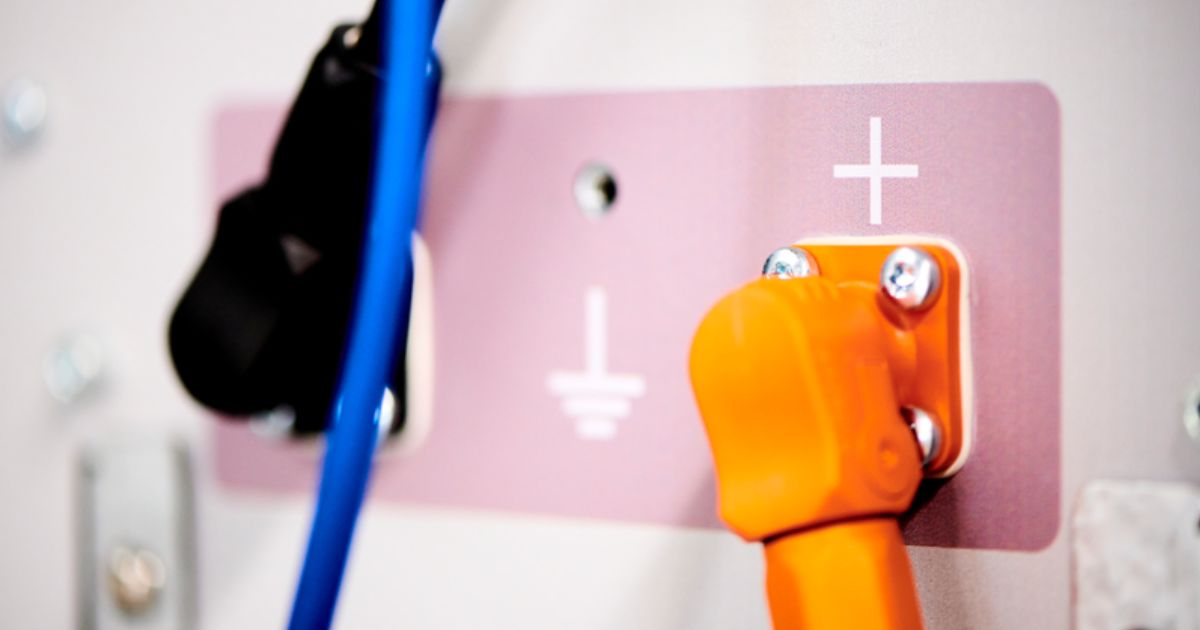Smart microgrid research with industry partners in Singapore
21 October 2021 | By: Jianfang Xiao | 1 min read
We’re working with ENGIE Lab in Singapore to explore how smart microgrids can integrate with low-carbon energy generation technologies. Dr Jianfang Xiao tells us more.
Working with industrial partners has always been a key aspect of Newcastle University.
We are celebrating 150 years of Science, Agriculture and Engineering at our University. We have partnered with companies and not-for-profits to make a difference in our world.
As a global leader in energy research, we have expertise at both our Newcastle and Singapore campuses.
Learn about our Centre for Energy in 20 seconds.
Building a partnership between Newcastle University and ENGIE Lab Singapore
For several years, I have been working with Dr Peng Xiaoyang at ENGIE Lab in Singapore.
We have recently secured funding from the Singapore Economic Development Board Industrial Postgraduate Programme (EDB-IPP). This government programme supports PhD students to undertake practical research projects through industry and academic collaboration.
This is the first time ENGIE Lab Singapore has undertaken an EDB-IPP project with a partner university.
We’re using the funding to investigate how smart microgrids might be able to draw their energy from low-carbon sources such as wind, solar and hydrogen.
For a smart microgrid to work, we need to integrate and optimise the different sources of energy. To do this, we need an energy management system that predicts both supply and demand.
Our project aims to refine an algorithm to make accurate medium to long-term predictions. It will optimise energy sources to efficiently meet demand into the future.
A microgrid living lab focused on generating energy from renewable sources
ENGIE is one of the world’s leading energy companies. It works in energy production, distribution, infrastructure and more. ENGIE Lab Singapore is the company's research and development division in Singapore.
The ENGIE Lab Singapore opened in 2016. It focused on three areas: smart grid, industrial energy efficiency, and gas technologies.
The Lab has grown since then and it recently renewed its strategy. It is now focussing on three new priorities that match local commercial needs:
- Building cooling technologies
- Green data centre
- Integrated energy solutions
A flagship project for ENGIE in Singapore is the SPORE project under Renewable Energy Integration Demonstrator Singapore (REIDS) initiative. It is a microgrid living lab that generates up to 550 kW of electricity drawn from renewable sources and hydrogen.
We will carry out our new research project using ENGIE's specialist facilities in Singapore.
Collaboration. Innovation. Solutions.
Energy research is an important part of our University’s commitments. The partnership with ENGIE Lab is a great way to extend our research and work together with the industry. Joint research like this will help to solve the engineering challenges born out of the transition to sustainable energy.
The project provides an opportunity to strengthen academic collaborations and develop specialised skills. If successful, we hope that there will be further research collaborations between ENGIE Lab and Newcastle University.
Find out more about Newcastle University's Energy Research
- Check out our Centre for Energy - a Newcastle University Centre of Research Excellence;
- Learn more about Dr Jianfang Xiao - Assistant Professor at Newcastle University Singapore;
- Visit our Business and Partnerships page to explore how your organisation can work with Newcastle University.
